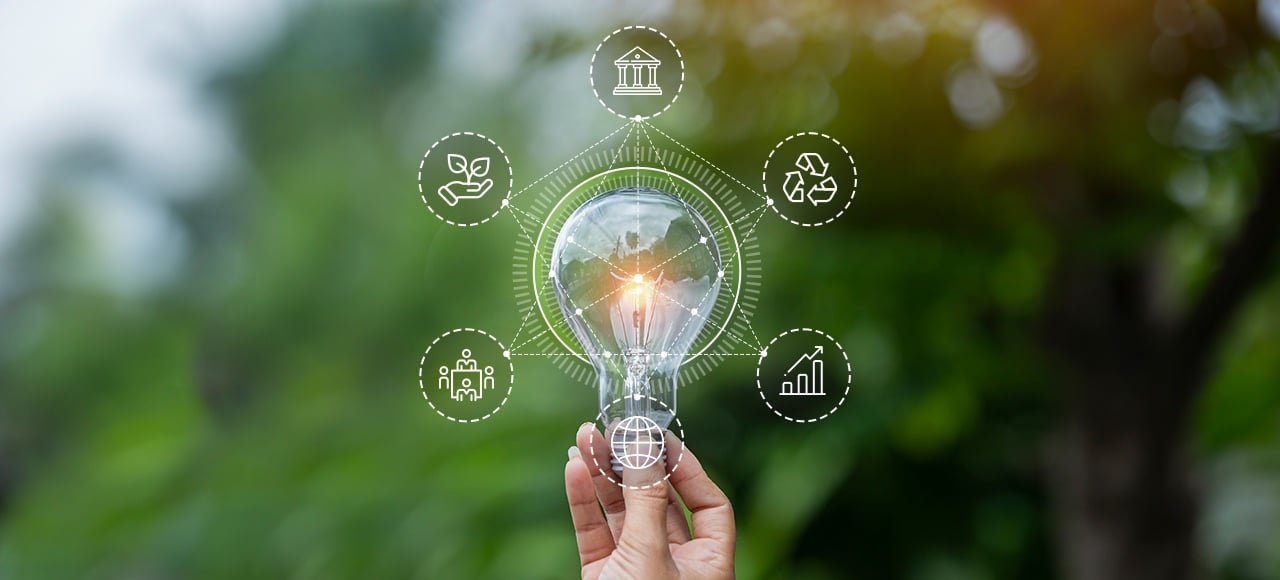Sustainability with ethics, for all of us



Sustainability is increasingly a common goal in all issues in the world. When an idea is in the process of becoming real, it is important to ask, “is this idea sustainable?”.
However, it should be noted that sustainability is about more than environmental responsibility. Economic and social aspects must be considered and discussed. When ethics come into play, all issues are taken care of.
Ethics applied to sustainability
Ethics is defined by an individual’s morals and what he or she considers to be right and wrong. It is important to always keep one thing in mind: ethics should never be forgotten, no matter what the situation. Because an entity’s decision has repercussions in many areas, concern for ethics should be an integral part of that decision.
When creating something new, whether it is a product, a service or a business, it’s essential to think about what impacts it may have on the environmental, social and economic levels. These are the three pillars of sustainability, and it is ethics that allows all stakeholders to have a say.
Although the decision process may take longer and be more difficult, in the long run, the positive impacts will prevail.
The importance of being sustainable in an ethical way
Going deeper into the pillars of sustainability, we understand all the connections that are intrinsic to them and what their needs are.
- In the environmental pillar, the impacts of a project on nature are analyzed, i.e. the preservation of biodiversity, air and water quality, and the value of non-human life. In some cases, nature is seen as independent of human life. Ethics enables a change of view towards the environment, because our survival and the way we live depend on the well-being of the planet we all inhabit.
- In social terms, the focus is on the actions, attitudes, beliefs, and cultural traditions of a group. Equality, justice, inclusion, and cultural differences must be respected. The social costs, benefits, and values conveyed by the project are also considered in this aspect.
- Finally, the economic pillar, which is often directly linked to the social pillar, analyzes, besides the costs for the creation of the new project, how it may affect the population. There is a concern about working conditions, wages and whether the various social classes are treated fairly, among many other issues. Economic ethics takes into consideration such important issues as efficiency, productivity, safety, and how resources are used.
Our commitment
At Liquid-Land, sustainability is a priority, coming hand in hand with ethics. Our commitment is to create positive impacts throughout the value chain, starting with the top quality raw material, which only exists in one region, in Portugal: the Mediterranean pine seed.
Its harvest is seasonal, from December to March. Thus, only fully matured pine cones are used, avoiding interference in its growth.
In addition, the harvest quotas of the raw material are also respected, so its reproduction is safeguarded. Each production of our oil is made in small batches and quantities, thus ensuring the freshness of the pine seeds.
Moving on to the oil extraction process, the treatment of all the elements is done in an environmentally friendly way. Since Liquid-Land is a zero-waste brand, everything is used: by grinding the waste, it gives rise to flour.
This flour is used in gourmet catering, pastries and baking. It is gluten-free, high in protein and low in oil, making it suitable for those seeking low-calorie diets.
Local resources are used throughout the process to ensure economic and social sustainability.
It is our duty to leave a positive mark in everything we do and ensure that future generations have a promising future.
Sources:
Humans and Nature; Santa Clara University.


